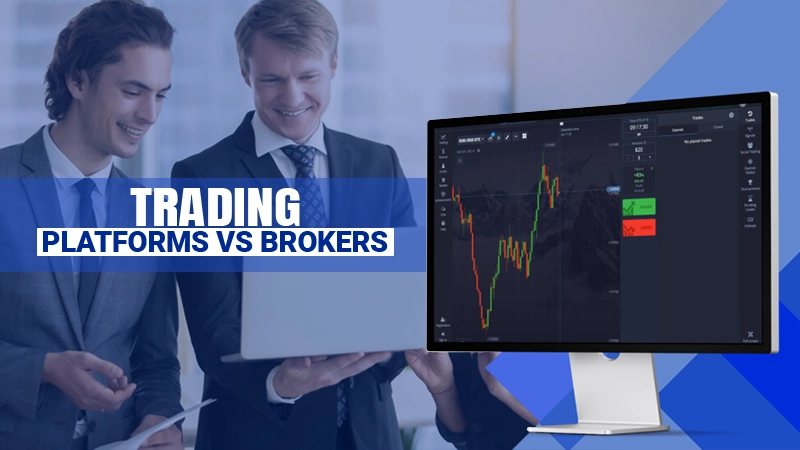ETFs: Should You Invest in Them?
Globally exchange traded fund or ETF are among the most preferred investment options, especially in developed markets like USA and UK. However, investor’s interest in ETF or ETF mutual fund is also growing up very fast in India.
What are ETF Mutual Funds?
ETFs are instruments which invest in basket of securities that constitutes the composition of a market index like Nifty or Sensex, sectors, commodity or other assets. ETFs, like mutual funds are managed by asset management companies (AMCs). Units of exchange traded funds are listed on stock exchanges and traded just like any other shares.
Unlike actively managed mutual fund schemes, ETF mutual funds are passively managed mutual fund investment which only aims to replicate the index returns and not beat the same.
Since exchange traded funds trade on stock exchanges, to invest in it, you should have demat and trading account.
Advantages of ETF Mutual Funds
- Low Cost: ETFs being passively managed mutual funds, the expense ratio of these funds are much lower than actively managed mutual fund schemes. The ETF scheme with lower expense ratio will give higher returns than an actively managed scheme with higher expense ratio. This is one of the big advantage of ETF mutual fund.
- Exposure to market risk only: Since ETFs tracks only a market index, the risk is exposed to market risk only in comparison to actively managed mutual fund schemes which are either overweight or underweight to certain sectors or stocks. Therefore, active funds bear unsystematic risk over and above the market risk.
- Efficient and safe way to invest in Commodities: Gold and silver is an important asset class for Indians. Most Indians buy gold and silver in physical form as jewellery or coins or bars. This involves storage and making charges. Therefore, silver and gold ETFs, held in demat account, provides safety and efficient way of investing in these commodities as it do not involve making charge and storing charges.
The Points to Remember While Investing in ETF –
- You should be clear as to what you are buying in ETF based on your investment strategy and risk profile as currently ETF mutual funds may not offer a very diverse range to invest.
- Two important criteria for investment in exchange traded fund is expense ratio and tracking error. You should check the expense ratio of the ETF scheme that you have chosen to invest. Select ETFs which have low expense ratio and tracking errors.
- Since ETFs are traded only on stock exchanges, check their liquidity / trading volume etc. as some ETFs may not have desired liquidity due to lack of demand. Point here to be noted is that all ETFs may not have the high trading volume like Sensex and Nifty ETFs).
You must have demat and trading account with a broker or bank for investing in ETF mutual funds. While the demat and trading account will have some charges, these charges will be much lower compared to the expense ratio, if you are investing in actively managed mutual fund schemes.














